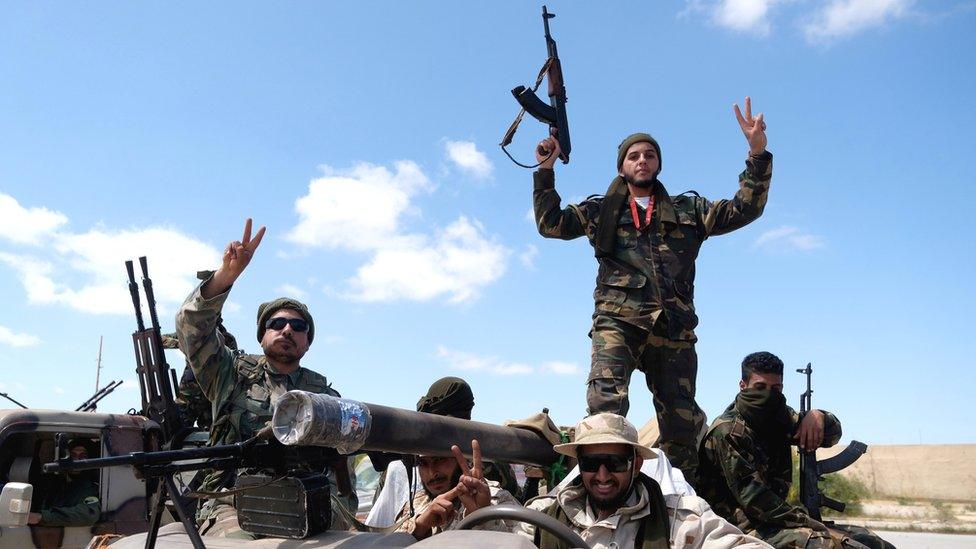Talks between rival Libya factions 'make some progress'
- Published
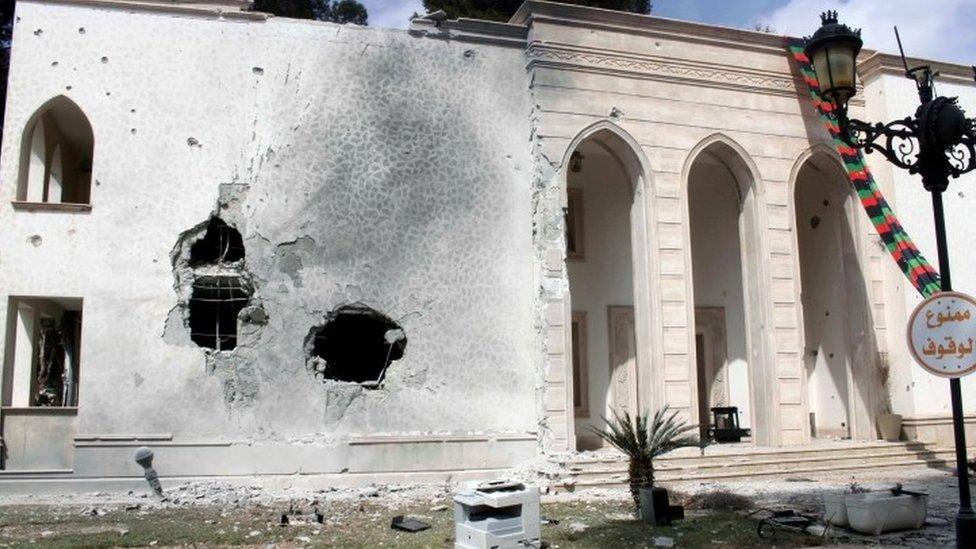
Libya has been hit by war and chaos since the fall of Muammar Gaddafi in 2011
Talks between the two largest factions in war-torn Libya have made progress in reaching a deal to resolve the country's political and economic crises, government officials say.
They have agreed on joint efforts to fight extremism and boost the economy.
But initial optimism that the two sides may be able to reach a comprehensive agreement was dashed on Wednesday when each issued separate statements.
Libya has been beset by chaos since the overthrow of Muammar Gaddafi in 2011.
UN-backed government leader Fayez Sarraj has been meeting his rival Khalifa Haftar this week in the United Arab Emirates.
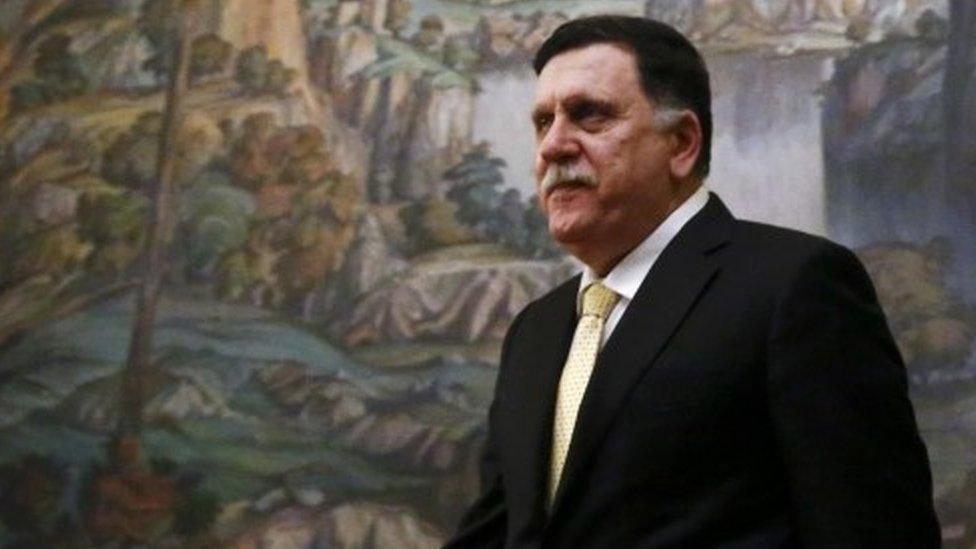
UN-backed Libyan government leader Fayez Sarraj (above) wants a comprehensive settlement for his country
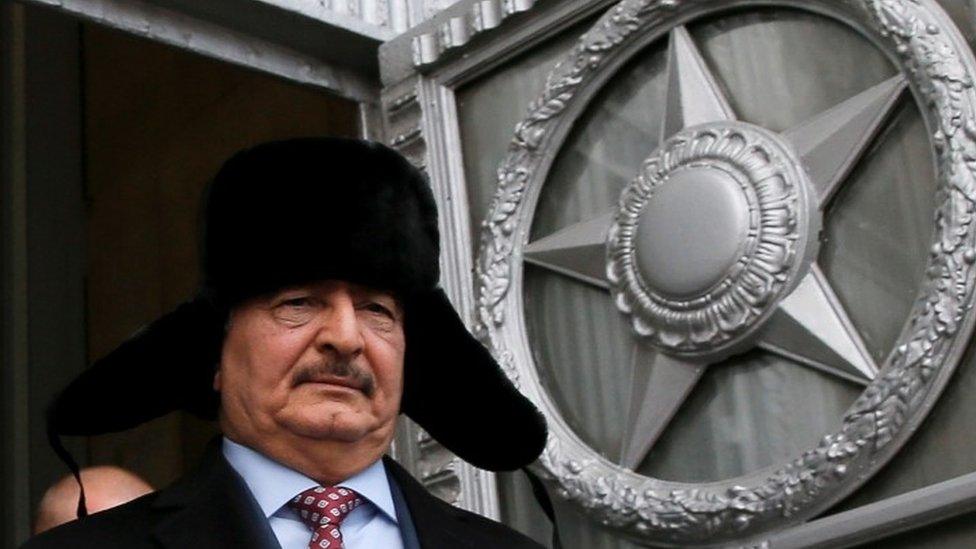
Parliament in the eastern stronghold led by Khalifa Haftar (above) has refused to recognise the Tripoli government
Mr Haftar, leader of the so-called Libyan National Army (LNA) whose powerbase is in the east, has spurned international efforts to end Libya's conflict, rejecting Mr Sarraj's UN-backed Government of National Accord (GNA) after it was formed in 2015.
A source close to the GNA leadership quoted by the Reuters news agency said the two sides on Wednesday had at first attempted to negotiate a joint statement before instead opting to do so separately.
Both called for an end to Libya's political and economic difficulties and for joint efforts to create a unified army to tackle extremist groups.
Mr Haftar's statement said the two sides wanted "the military establishment... to fully play its role in the fight against terrorism". It also called for changes to the UN deal that led to the formation of the GNA.
Mr Sarraj's statement also said the two sides had agreed to establish "a strategy... to form a unified Libyan army".
It called for "an expanded dialogue to establish national consensus" including "taking all measures that guarantee the peaceful hand-over of power".
Both men agreed it was important to end violence in southern Libya, where their respective forces clashed in early April near the city of Sabha.
Libya remains regionally split between the two centres of power that politically oppose each other - with a myriad of smaller armed groups also operating on the ground.
- Published4 March 2017
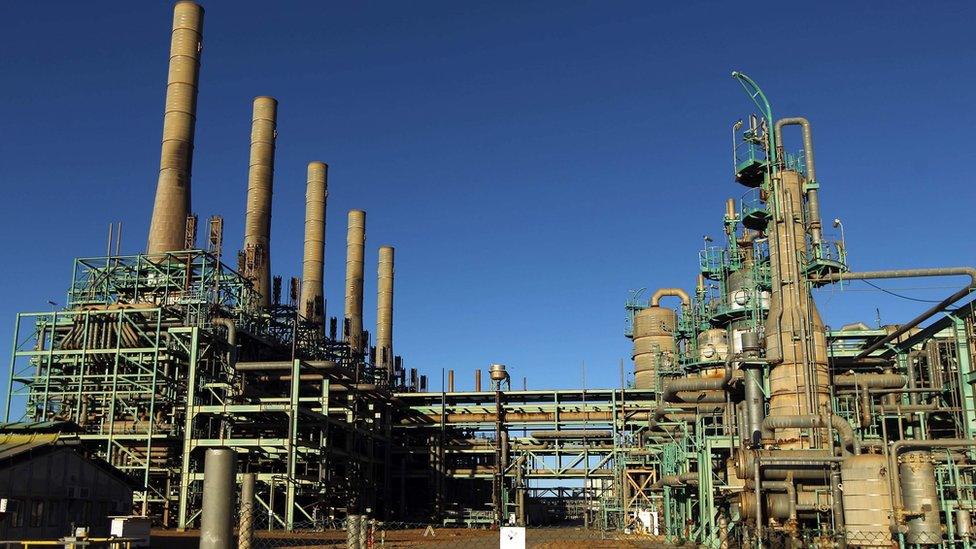
- Published25 January 2017
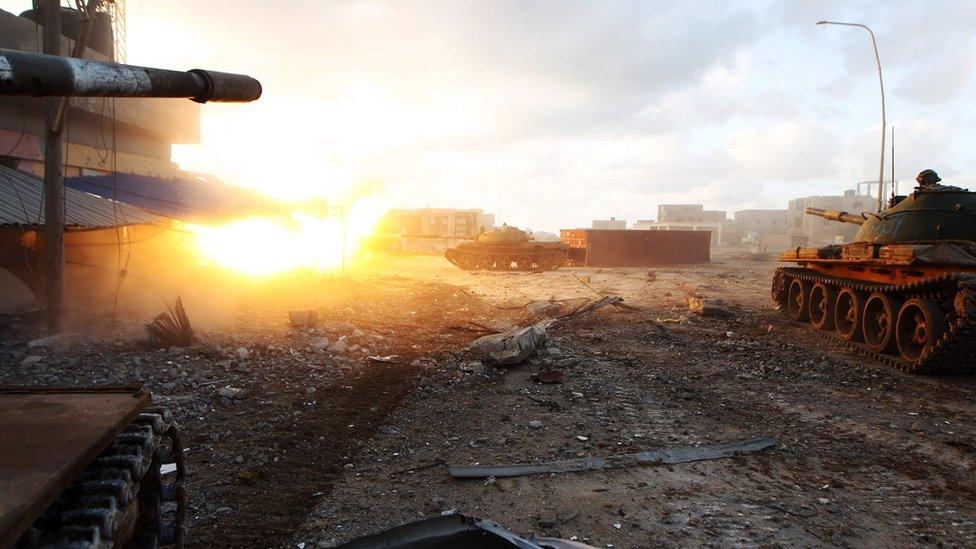
- Published17 December 2016
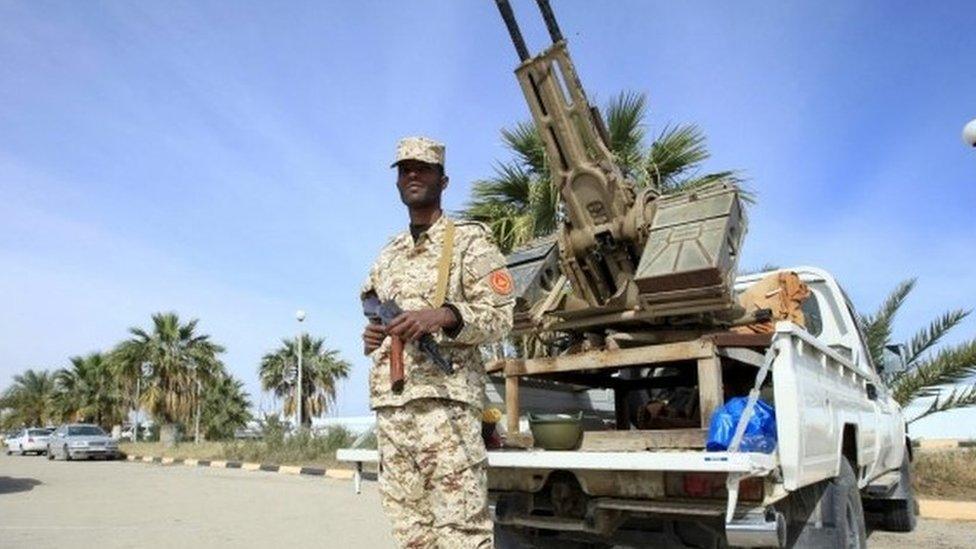
- Published4 April 2016
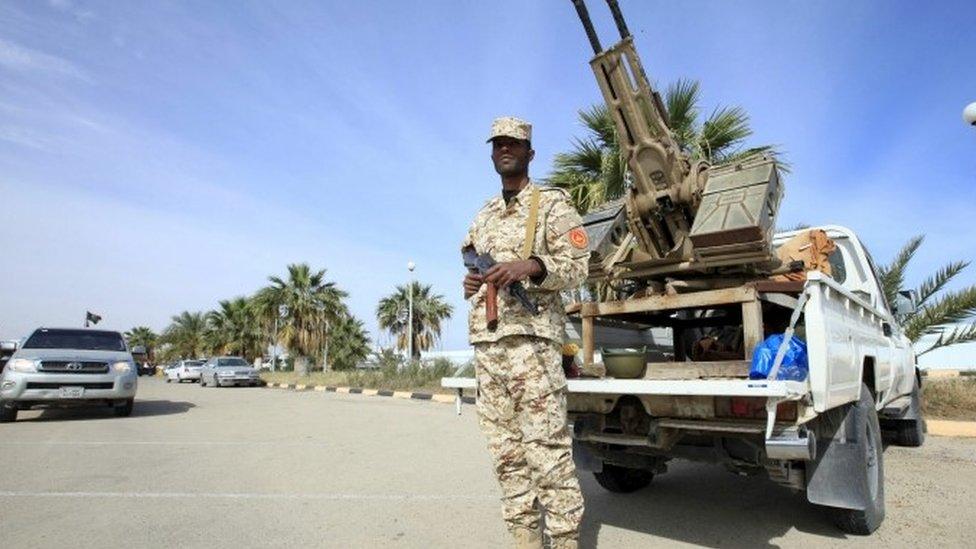
- Published8 April 2019
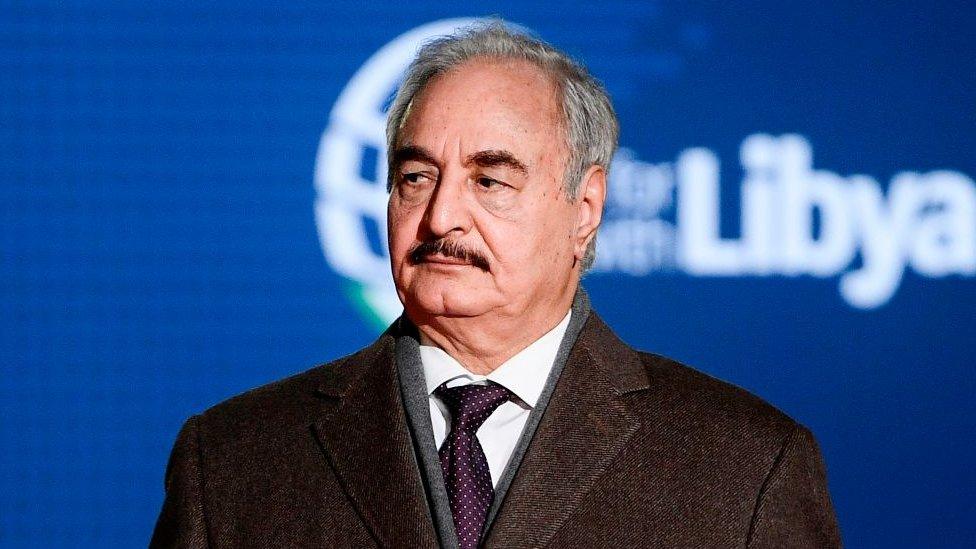
- Published23 January 2020
